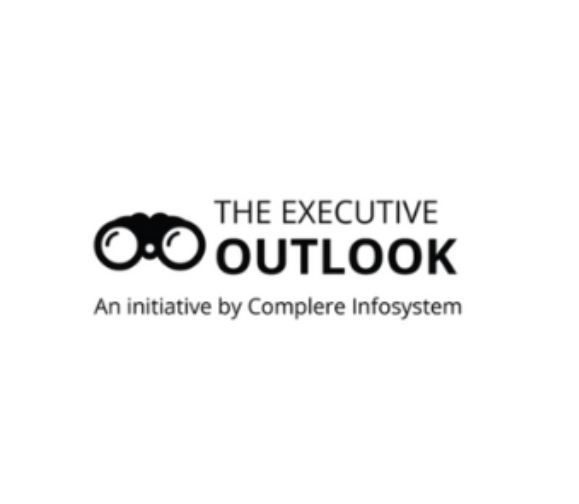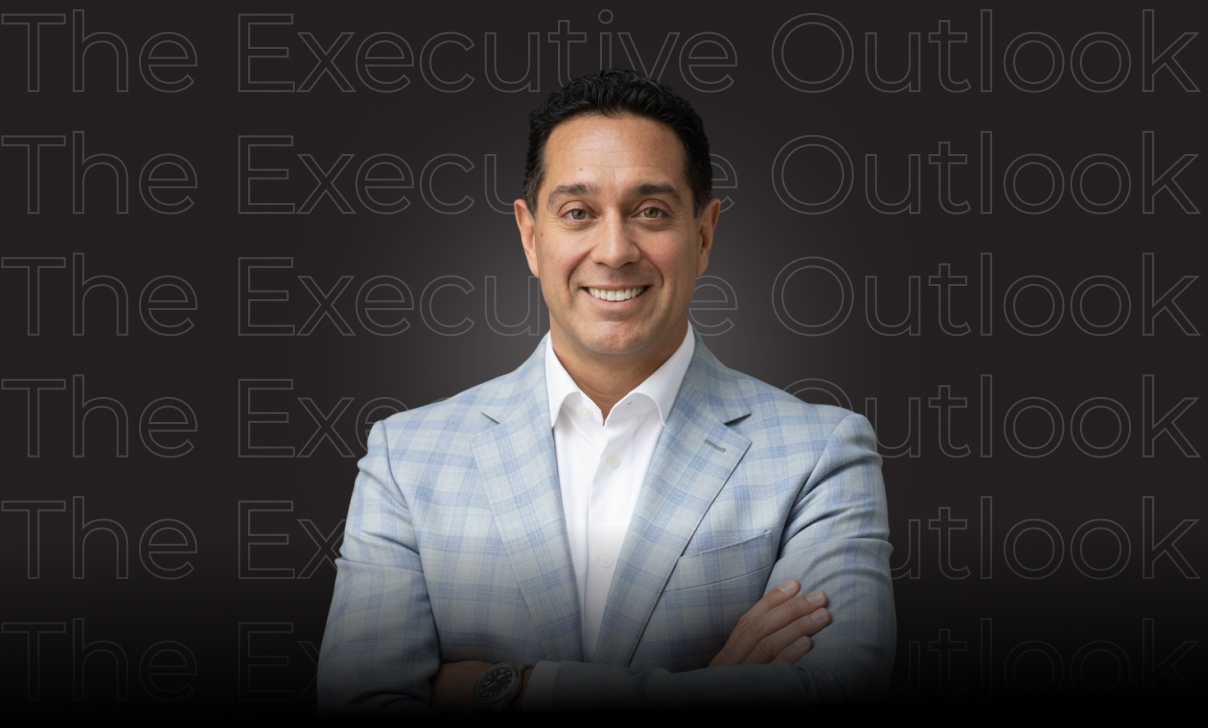In this edition of The Executive Outlook, we had the pleasure of speaking with Andrew Stratton, a humble and insightful leader who took us through his journey of growth, leadership, and data-driven decision-making. Andrew, originally from London, now lives in Dubai and plays a crucial role in IRE, a growing company where he began his career as employee number two.
Watch the full conversation on YouTube by clicking the link below:
Prefer to listen on the go? Tune in to the full podcast episode on Spotify below:
Editor Bio

I’m Isha Taneja, serving as the Editor-in-Chief at "The Executive Outlook." Here, I interview industry leaders to share their personal opinions and provide valuable insights to the industry. Additionally, I am the CEO of Complere Infosystem, where I work with data to help businesses make smart decisions. Based in India, I leverage the latest technology to transform complex data into simple and actionable insights, ensuring companies utilize their data effectively.
In my free time, I enjoy writing blog posts to share my knowledge, aiming to make complex topics easy to understand for everyone.





